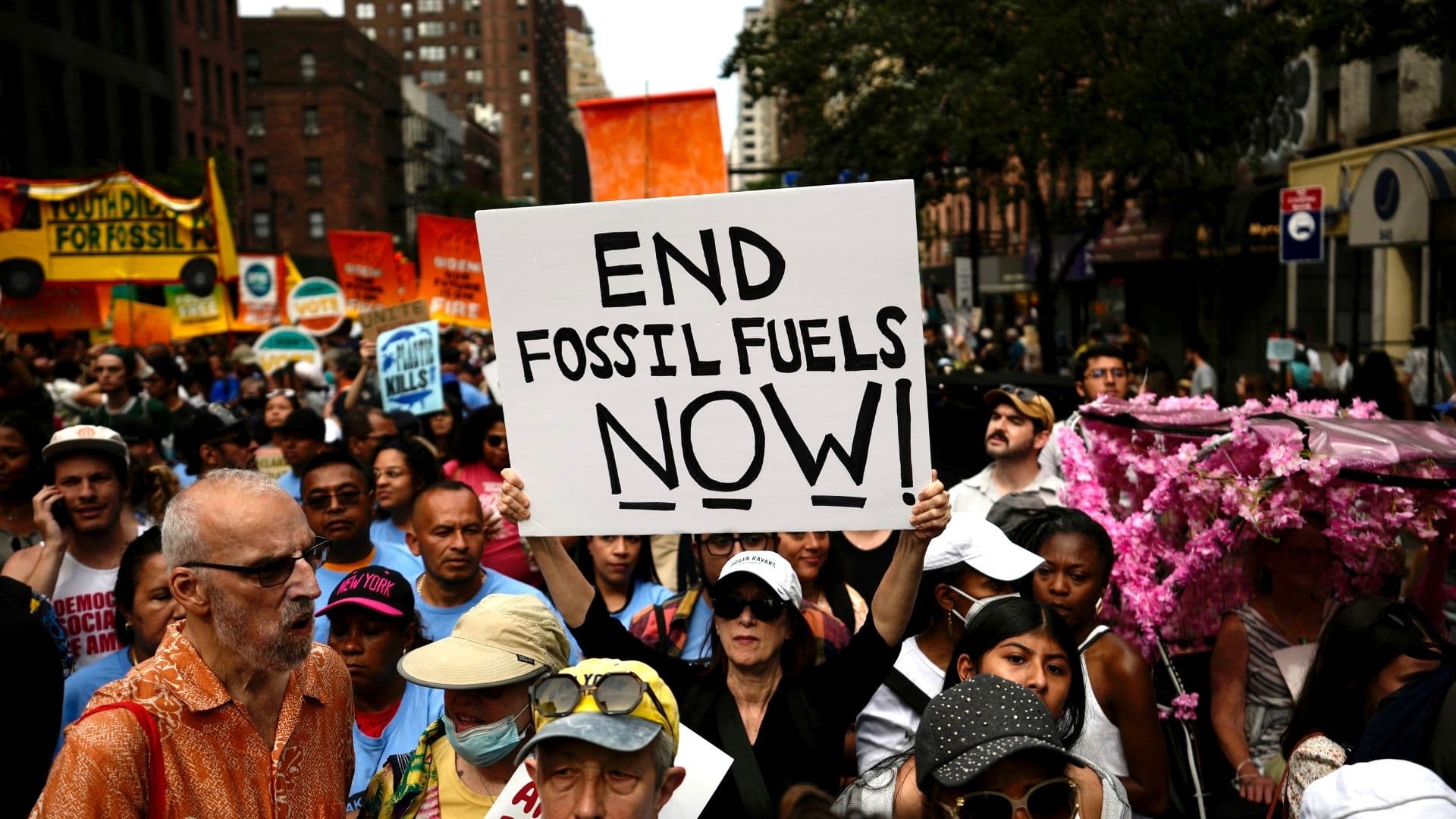Russia Says It Will Meet OPEC+ Quota by Early 2026
Russian Deputy Prime Minister Alexander Novak told reporters that Moscow expects to reach its OPEC+ production quota by late 2025 or early 2026, a timetable that could reshape global supply expectations. Markets and governments will watch closely because Russian output and OPEC+ compliance remain central to energy prices and geopolitical calculations.

Russian Deputy Prime Minister Alexander Novak told reporters on November 19 that Russia expects to reach its OPEC+ oil production quota, roughly 9.5 million barrels per day for November, by late 2025 or early 2026. He said production rose in November compared with October, and that Moscow has not altered its annual liquid hydrocarbon production forecast. Novak also asserted that recent U.S. sanctions on major Russian oil companies had not affected output, and that Russia had compensated for prior overproduction under OPEC+ rules. He added that the government did not plan voluntary production cuts.
Novak’s comments come at a time when global energy markets remain sensitive to supply signals from the OPEC+ grouping and from Russia in particular. The prospect that Moscow will align with the quota within a year reinforces the narrative that the country intends to remain a predictable supplier to world markets, even as Western sanctions and shifting trade routes have complicated Russian exports.
The timetable Novak offered is consequential for traders and policymakers. If Russia restores production to quota levels, it may reduce one variable contributing to the price volatility that has accompanied geopolitical tensions and economic uncertainty. Conversely, confidence in that outcome depends on implementation and transparency, because OPEC+ quotas have repeatedly been tested by temporary overproduction and by the need to document compensatory cuts.
U.S. sanctions on Russian energy firms have been a focal point in western efforts to curb Moscow’s revenues. Novak’s statement that the measures had not affected output will be measured against independent production data by market monitors and by national statistics. Sanctions can hinder access to technology, financing, insurance and shipping services, but Russia has invested over recent years in alternative routes and partner markets that can blunt some effects.
The comments also speak to the internal politics of OPEC+, where maintaining cohesion among member states and partners has been an ongoing challenge. Russia’s pledge not to make voluntary cuts underlines a preference for meeting obligations set by the group rather than taking unilateral action to influence prices. That stance could complicate negotiations if other producers seek additional voluntary restraint to support prices.
Beyond market mechanics, the announcement carries geopolitical implications. Many importing countries in Asia, Europe and the global south weigh Russian supply prospects in their energy security planning. For nations seeking to diversify away from Russian hydrocarbons, a clearer picture of Russian production timelines informs decisions on stockpiles, procurement and investment in alternative fuels. For producers and consuming nations alike, the credibility of compliance reporting and the efficacy of OPEC+ enforcement mechanisms will be central to future diplomatic and commercial engagements.
As Russia moves toward the quota target, international observers will track shipments, refinery throughput and official production data to assess whether the stated timeline is met. The outcome will help determine whether markets experience a period of steadier supply, or whether further disruptions and policy responses will be needed to preserve energy stability.

